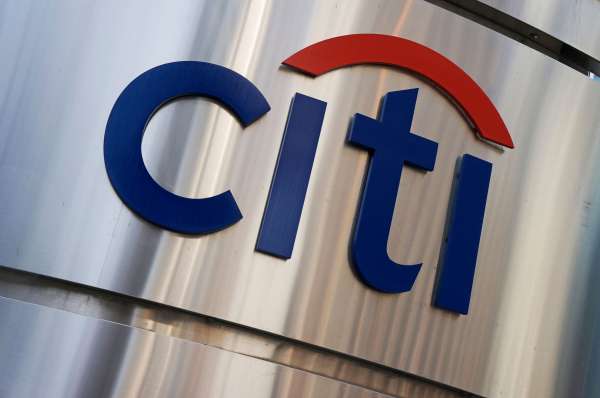Here's Why Citigroup Is Shelling Out $7 Billion
Money is not a client of any investment adviser featured on this page. The information provided on this page is for educational purposes only and is not intended as investment advice. Money does not offer advisory services.

You could be forgiven for not caring -- or perhaps not even noticing -- that Citigroup agreed yesterday to pony up $7 billion to settle a Justice department inquiry into its mortgage business. More than five years after the financial crisis, the legal process of holding banks accountable can feel about as urgent as a rerun of Law & Order.
But it's worth spending a few minutes remembering what actually happened -- and who got hurt.
The government's case against Citigroup is about harms to investors who bought pieces of mortgage "pools" that Citi created. But since investors who buy mortgage securities aren't exactly Joe and Jane Mainstreet, the whole thing can seem almost victimless. The financial press also tends to overlook the human costs and focus on the money: What does the $7 billion hit mean for Citigroup's share price? (So far, investors seem happy to at least know the bill.) Who gets the money? (Mostly the government, but $2.5 billion will go to consumer relief, like mortgage modifications.) And who is paying? (Shareholders, basically. No individuals from the banks are paying up—at least in this settlement.)
So it's easy to forget that actual homeowners were hurt, too. Citigroup was one link in a chain that turned home loans into investment products. At one end, there were the original mortgage lenders (including such fine operation as Countrywide). Citigroup would buy mortgages from the originators and then pool the loans together to create securities that other investors could buy. One of the bank's jobs was to make sure that the mortgages in the pool were up to snuff.
Citigroup hired outside companies to check on this. The companies would look at a sample of the loans and see if any of them didn't fit guidelines, or if valuations of the homes the mortgages backed looked squishy. The news Citigroup got back wasn't pretty. One Citigroup trader looked at the reports produced and wrote in an email (one for the ages) that "we should start praying… I would not be surprised if half of these loans went down." Nevertheless, Citigroup went ahead and created securities out of the loans. These securities went south, touching off the Great Recession.
But things didn't work out terribly well for the individual borrowers, either. Citigroup and institutions like it helped stoke mortgage originators' appetite to lend to just about anybody and everybody, in many cases based on unrealistic valuations. The damage from this includes borrowers who ended up overstretched and put on the road to foreclosure, and more broadly any home buyer who bought into a increasingly inflated market.
Let's not forget that part.
